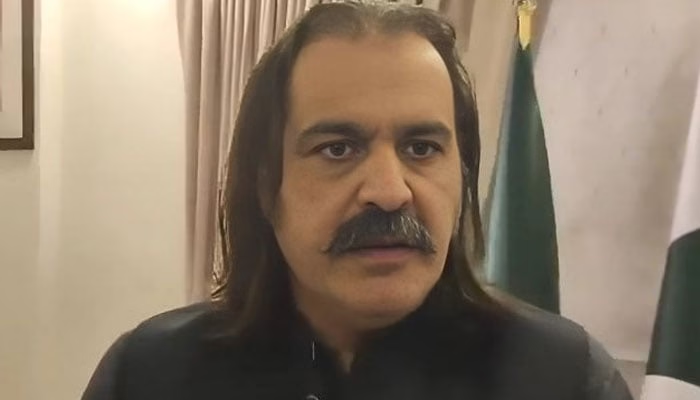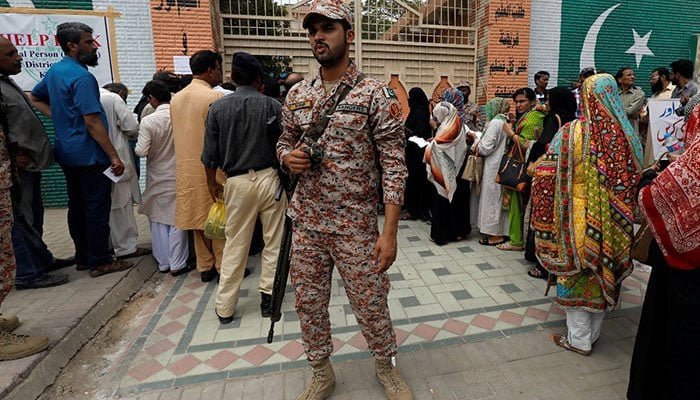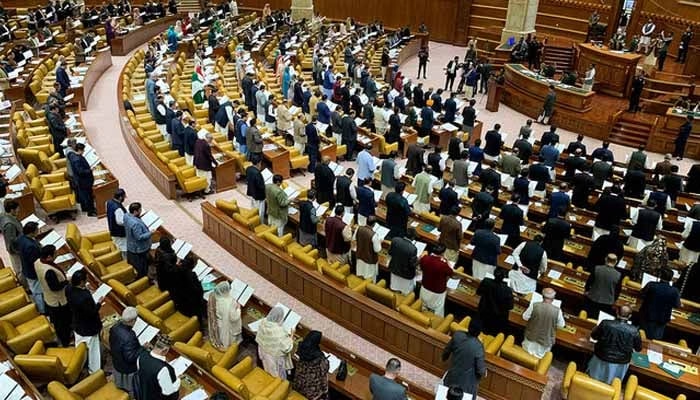President Arif Alvi, on Sunday, refuted his involvement in signing two critical pieces of legislation – the Official Secrets (Amendment) Bill, 2023, and the Pakistan Army (Amendment) Bill, 2023 – and expressed that he felt betrayed by his staff.
Both the Official Secrets (Amendment) Bill, 2023, and the Pakistan Army (Amendment) Bill, 2023, received approval and became law on the previous day.
Following their approval in the National Assembly, both bills underwent presentation in the Senate. The bills faced criticism from members of the treasury, leading the Senate chairman to refer them to the standing committee for review.
Later on, contentious clauses from the two bills were removed, and the revised versions were presented once again in the Senate. Following their endorsement, they were sent to President Alvi for his endorsement.
However, using the social media platform X, President Alvi denied having endorsed the two laws, stating, “With God as my witness, I did not endorse the Official Secrets Amendment Bill 2023 & Pakistan Army Amendment Bill 2023 due to my disagreement with these laws.” He further remarked, “I instructed my staff to return the bills unsigned within the specified time to render them ineffective.” Alvi conveyed that he repeatedly confirmed whether the bills were returned and received assurances to that effect. Yet, he discovered today that his staff had contradicted his intentions and instructions.
The president proceeded to apologize to those who would be impacted by these events.
Official Secrets Act:
As outlined in the Official Secrets (Amendment) Bill, an individual would be deemed culpable of an offense if deliberately causing a disturbance in public order or acting against the state’s interests. Additionally, attacking or damaging a prohibited location with the intention to aid the enemy, either directly or indirectly, would also incur penalties.
Under the amended bill, the accused would face trial in a specialized court, and a decision would be reached within 30 days of the hearing’s conclusion.
Army Act:
The Army Act encompasses clauses related to the retirement of military personnel. According to this legislation, military personnel are prohibited from participating in any political activities for a two-year period after retirement, resignation, or dismissal. Furthermore, military personnel or officers engaged in duties of a sensitive nature are barred from engaging in political activities for five years post-service termination.
Retired army officers found guilty of breaching the Army Act could face imprisonment for up to two years. Additionally, any serving or retired army personnel who malign or ridicule the army on digital or social media platforms would face penalties under the Electronic Crimes Act. The law stipulates that both serving and retired officers involved in defaming the army or promoting hatred against it could face a two-year imprisonment term and a fine as per the Army Act.
Leaked Cipher Controversy:
The startling disclosure by President Alvi follows the arrest of Pakistan Tehreek-e-Insaf (PTI) Vice Chairman Shah Mahmood Qureshi by the Federal Investigation Agency (FIA) on charges related to the cypher leak case under the Official Secrets Act, 1923.
The FIA has initiated an extensive investigation into the alleged disappearance of a diplomatic cypher, and it has named former Prime Minister Imran Khan and former Foreign Minister Shah Mahmood Qureshi as subjects under the recently enforced Official Secrets Act.
Informed sources have indicated that the leakage of classified information constitutes a serious breach of conduct that raises concerns about national security.
The FIA’s Counter Terrorism Wing filed an FIR against the PTI chairman and the vice chairman on August 15. Sources have highlighted that the act of divulging sensitive content represents a blatant violation of the Official Secrets Act, and the case will be pursued under the relevant sections of the act.



